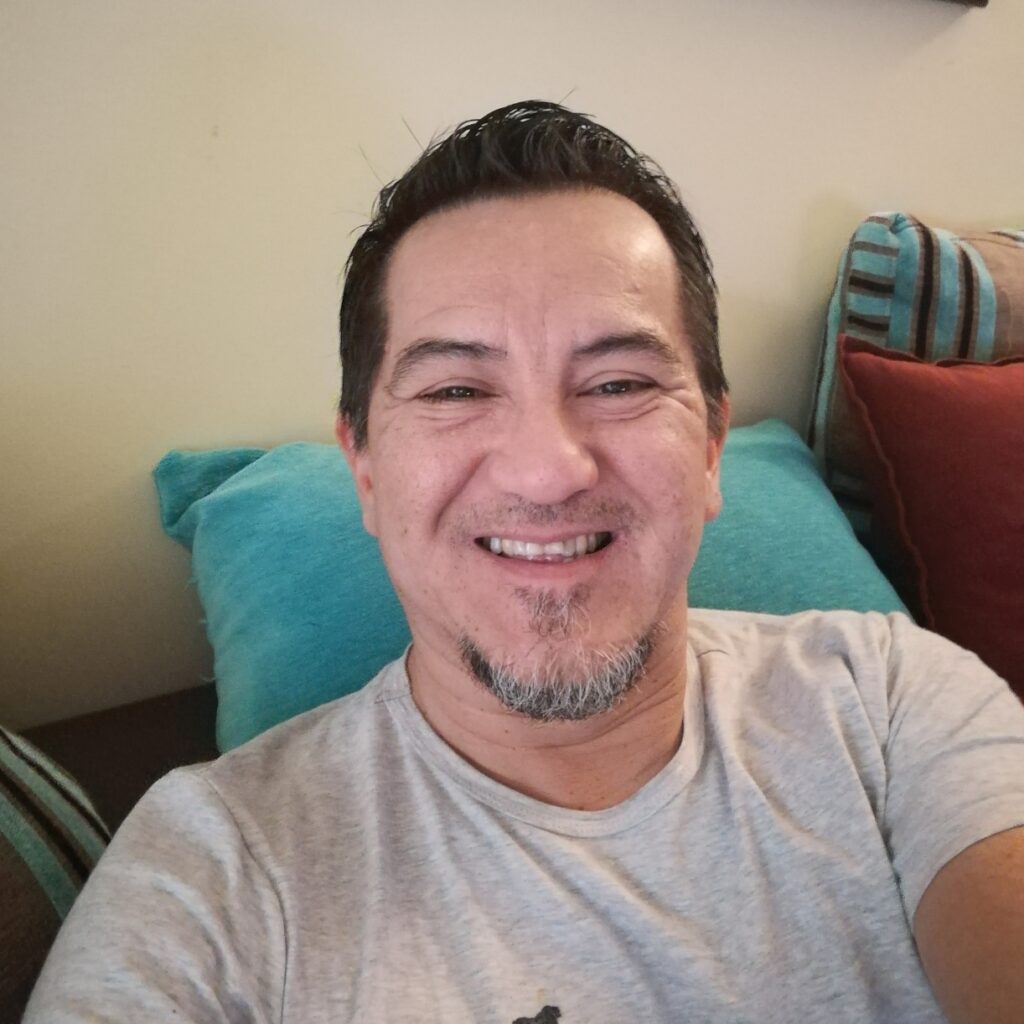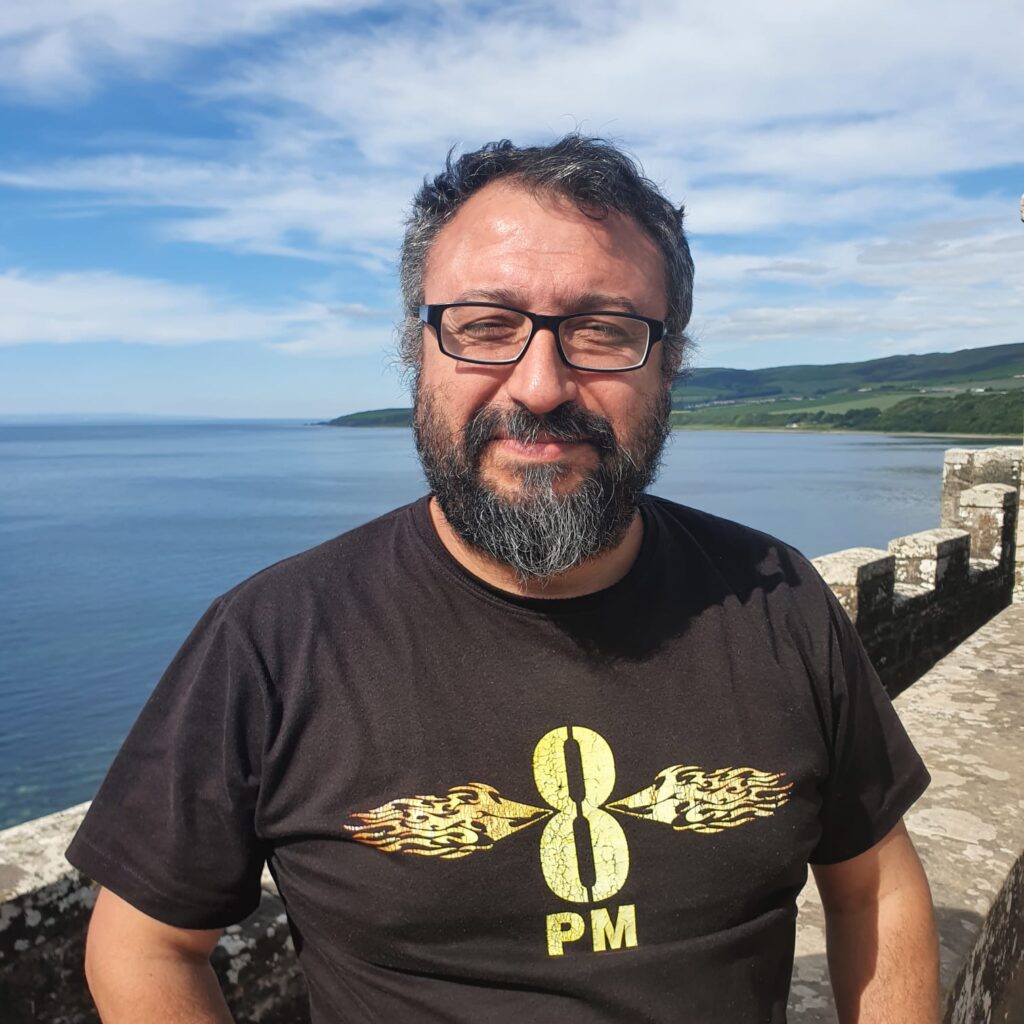When: September 10th 2023 Where: Panamá City, Panama (Venue to be confirmed)
The Argentine Shortfin Squid (Illex argentinus) is one of the most landed cephalopods in the world. It is distributed in the South Atlantic Ocean waters and caught in the exclusive economic zone of coastal countries and international waters. In total, nearly 410 thousand tons were landed per year in the recent history of the fishery (i.e., 2010-2019; approximately 10% of worldwide cephalopods landings). The main fleets, according to landings volume, are Argentinian operating in national waters and Asian fleets, mostly operating in international waters and within the Falkland Islands’ economic exclusive zone. Total landings have entered a period of wide fluctuations after growing to over 1 million tonnes in 2000.
A workshop on the stock assessment and management of the Illex argentinus stock in the South West Atlantic was held between 29th November and 1st December 2022 in Las Cruces, Valparaíso, Chile. Hosted by the Center for Applied Ecology & Sustainability of the Pontificia Universidad Católica de Chile (CAPES), the workshop was chaired by Dr. Rubén H. Roa-Ureta and Dr. Rodrigo Wiff, and attended by individual researchers and technical experts who were invited to contribute to address knowledge gaps and participate in discussions to make advances toward the development of a regional stock assessment to serve as the basis for scientific advice for the sustainable harvest of the I. argentinus stock by all fleets operating in both, national jurisdictions and international waters.
During the 2022 workshop, participants described the type of data collected by each state that would be available to create a regional database for stock assessment, developed a working hypothesis of a conceptual model of the spatial functioning of the I. argentinus across the entire region, discussed the institutional arrangements to assess the stock health of I. argentinus and concluded that the development of a regional fisheries management organization would face enormous challenges in the mid-term so that alternative and innovative ways to develop the database for a regional stock assessment is the only realistic path. More details of the discussion can be found in the meeting report.
To continue moving forward with the development of a potential scientific solution for the I. argentinus stock assessment, the chairs and the CAPES are convening the Second International Scientific Workshop for the Argentine Shortfin Squid in Panama City on Sunday 10th of September 2023.
Workshop Objectives
Convening the second ad-hoc scientific workshop that will bring together a wide diversity of scientists involved in the Illex argentinus fishery with the specific objectives of (a) creating a regional database with fishery data from all fleets fishing Illex argentinus in the South Atlantic Ocean and (b) laying the foundations for the development and implementation of a regional stock assessment.
Results
As a result of the meeting, a paper with the meeting minutes will be published. It will capture the most straightforward next steps to establish a formal stock assessment for the squid to ensure future science-based management of the Illex argentinus.
Meetings of the previous 2022 edition can be accessed here:
Chairs

Dr. Ruben Roa-Ureta
Workshop scientific chair
ruben.roa.ureta@mail.com
Dr. Ruben H. Roa-Ureta has worked for 30 years in scientific research in marine ecology and fisheries, authoring over 60 articles in mainstream journals. He has worked in Latin America, Europe, the Middle East, Africa and Asia to help bring sustainability to fisheries through mathematical and statistical modeling of fisheries, biological and ecological data.

Dr. Rodrigo Wiff
Scientific co-chair
rodrigo.wiff@gmail.com
Dr. Rodrigo Wiff is a Quantitative Ecologist doing research in several aspects of fisheries science. Free-lance consultant and part-time research fellow at the Center of Applied Ecology and Sustainability (CAPES-UC) and The Coastal Social-Ecological Millennium Institute (SECOS).
Registration:
Registration will be held by personal invitations.
The second edition of this scientific workshop will have the kind financial support of the Sustainable Fisheries Partnership (SFP). Based on needs and budget availability, SFP could provide funds for transportation and allowances for participants.
Any other questions or inquiries can be sent to: capespesquero@bio.puc.cl
